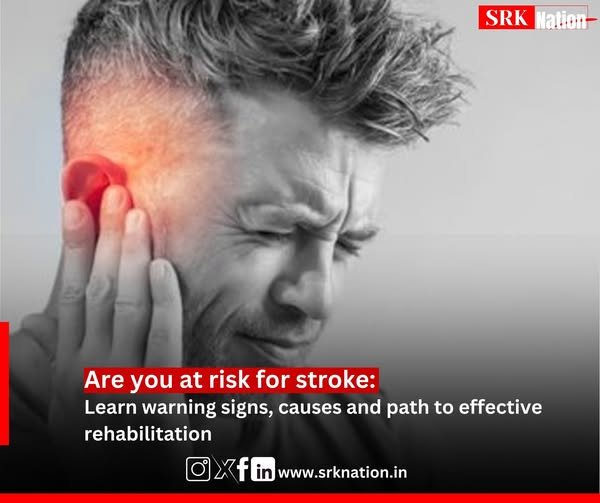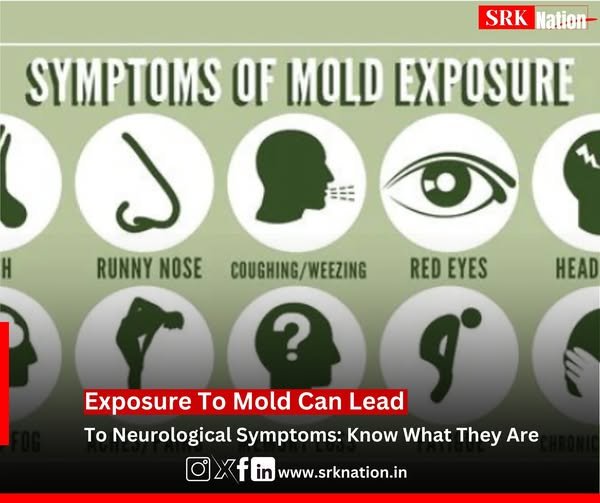Celebrated every year on September 29, World Heart Day aims at spreading awareness around heart conditions. Given that cardiovascular diseases are one of the leading causes of mortality across the world, according to the World Health Organization, the day is an incredible opportunity to educate people about how they can prevent cardiac ailments.
One of the most common heart conditions is coronary artery disease (CAD) with Indians known to have the highest rates of the disease, as per a study published in
Although coronary artery disease primarily occurs in patients over the age of 40, experts stress that there has been a rising incidence of the disease in young adults.
Explaining the phenomena, Dr Abhijeet Palshikar, director, cardiology, Sahyadri Super Speciality Hospital, Deccan Gymkhana, Pune said that the increase in cases can be attributed to several factors.
‘Firstly, urbanisation has led to reduced physical exertion. Secondly, our diets have shifted towards more westernised patterns, with higher consumptions of fatty and junk foods. Thirdly, lifestyle choices, such as smoking, tobacco use, and alcohol consumption have become more prevalent. Lastly, mental stress also plays a role. These factors collectively contribute to the growing prevalence of coronary artery disease in people in their 20s and 30s,’ he said.
Stressing that coronary artery disease occurs one to two decades earlier in Indians as compared to Western populations, Dr Jaideep Menon, consultant, adult cardiology, Amrita Hospital, Kochi noted that the major drivers of it in the younger population include increase in diabetes, hypertension and dyslipidemia (high cholesterol and lipids), along with obesity, sedentary habits, fast-food culture and the stresses of modern life.
Further, Dr Ajay Kaul, chairman, cardiac sciences, Fortis Hospital, Noida said that Covid-19 has been linked to a potential increased risk of sudden cardiac death in younger patients. ‘The virus can lead to inflammation of the heart muscle (myocarditis), blood clot formation, and disruption of the heart’s electrical system. These factors can contribute to arrhythmias and other cardiac complications that may result in sudden cardiac events. In some cases, even those with mild or asymptomatic Covid-19 infections have experienced heart-related complications that can lead to sudden cardiac events.’
But what exactly is coronary artery disease?
As the name suggests, the heart condition affects the coronary arteries. In this condition, the coronary arteries get narrowed and blocked due to plaque buildup.
According to Dr Amit Bhushan Sharma, director and unit head cardiology, Paras Health, Gurugram, this process of blocking and narrowing of arteries due to cholesterol buildup is called atherosclerosis. As a result, the blood supply to heart gets limited, leading to other major problems like chest pain, shortness of breath, and even heart attacks.
While coronary artery disease takes decades to develop, Dr Sharma said that for a long time, a person may not exhibit any symptoms of plaque buildup. However, over time, a person may start showing mild symptoms such as nausea, feeling dizzy, heart palpitations, fatigue and weakness.
‘As the condition worsens, these symptoms start to amplify, such as chest pain in shoulders, arm, neck, jaw and back, tightness in chest, feeling of numbness, burning, pressure and heaviness, stomach discomfort, heart racing, and insomnia,’ he added.
Treatment and prevention
As the name suggests, the heart condition affects the coronary arteries. (Source: Freepik)
The treatment depends on the severity of the patient’s condition.
‘Medicines need to be taken on a regular basis, forming the mainstay of the treatment and compliance needs to be assured. In some advanced cases, angioplasty can be considered to open the blockages in arteries by placing a stent or bypass surgery to reroute the blood flow, so that blood circulation can improve, and heart health can be maintained,’ Dr Rushikesh S Patil, full time consultant interventional cardiologist, Dr LH Hiranandani Hospital, Powai, Mumbai, said.
In some patients, Dr Patil explained that certain pacemakers or intracardiac defibrillators can be used. There are also advanced treatment options available like artificial heart or heart transplant in a select group of patients.
Adopting a healthy lifestyle also helps prevent the diseases’ progression. Here are some changes individuals can make to promote a healthy heart:
*Physical activity: Engage in at least 40 minutes of aerobic activity, such as walking, jogging, swimming, or cycling, to accelerate your heart rate.
*Healthy diet: Reduce the consumption of junk food and oily foods. Opting for a balanced, low-oil diet is advisable.
*Quit smoking: Avoid tobacco in any form as nicotine can constrict arteries and increase the risk of heart attacks. Even passive smoking is harmful for health.
*Reduce stress: Practicing meditation and maintaining peace of mind can help alleviate stress, thereby preventing heart diseases.







